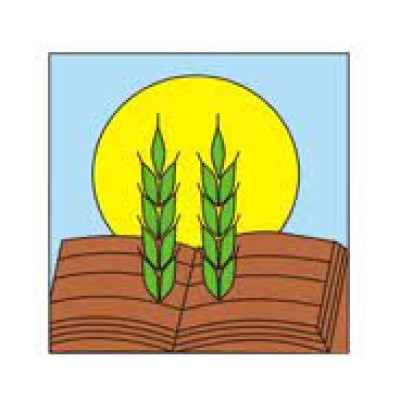
Institute of Soil Science Nikola Poushkarov
Details
About
The Institute of Soil Science “Nikola Poushkarov” was founded in 1947. The Institute carries out and co-ordinates national and international (FAO, UNEP, EC, USDA, EC) research projects in the field of soil science, agrochemistry, agrophysics and agroecology in the following areas:
* Genesis and geographic distribution of Bulgarian soils;
* Characteristics of the modern soil formation processes;
* Methodology for large-scale soil survey;
* Physical and mechanical soil properties;
* Soil mineralogical composition;
* Soil organic matter – its role in soil formation and soil fertility;
* Ion exchange capacity and chemical soil melioration;
* Content, forms and balance of nitrogen in soil;
* Content, forms and regime of K, Mg, P, trace elements and microfertilization;
* Microbiological processes in soil depending on the soil type, management and stress factors;
* Tillage and crop rotation as factors of soil fertility;
* Soil erosion risk assessments;
* Technologies for soil erosion prevention and remediation of eroded and deteriorated lands;
* Investigation of polluted soils (heavy metals, oil products, radio-nuclides, pesticides, herbicides) and recommendations for appropriate land use, and agricultural use of industrial and agricultural wastes.
The main activities are concentrated on soil monitoring, geographic databases and information systems about the soil resources in Bulgaria at different scales as well as:
* Morphological, mineralogical, chemical, physico-chemical and physical criteria for soil diagnostic and classification;
* Monitoring of the factors and the rates of soil erosion at diverse climate, landscape, soil, vegetation and management conditions;
* Ecotoxicology – monitoring of the pollution; Phytoremediation and chemical amelioration;
* Evaluation of waste material and composts fro ecological stress;
* Gene-collection bank of typical and introduced Bulgarian strains microorganisms (World Cultures Collection)
* Soil tillage, crop rotations, permaculture and plant protection for environmentally friendly agriculture;
* Scientific basis for managing the soil water status, formation of crop yield and environment protection;
* Ecological, organic and biological agriculture;
* Monitoring and sustainable management of water and nutrient cycle in the atmosphere-plant-soil-
groundwater system at plot/field/watershed scale;
* Project design and automatization of improved surface irrigation;
* Applied statistics and system analysis;
* Databases on soil physical, chemical and morphological properties, soil organic carbon stocks, filed plots for soil erosion studies.
The Institute provides for different opportunities to the scientists, undergraduate and postgraduate students, such as:
* green hose
* 23 field experimental sites in different soil-climatic conditions;
* Laboratories for physical, chemical, physico-chemical and biological analyses
* Certified radio-isotope laboratory
* Library
The Institute has accreditation for teaching post-graduate students in four scientific subjects:
- Soil Science;
- Agrochemistry
- Meliorations (incl. soil erosion and its control)
- General agronomy
Awards
Top partners

Top competitors







